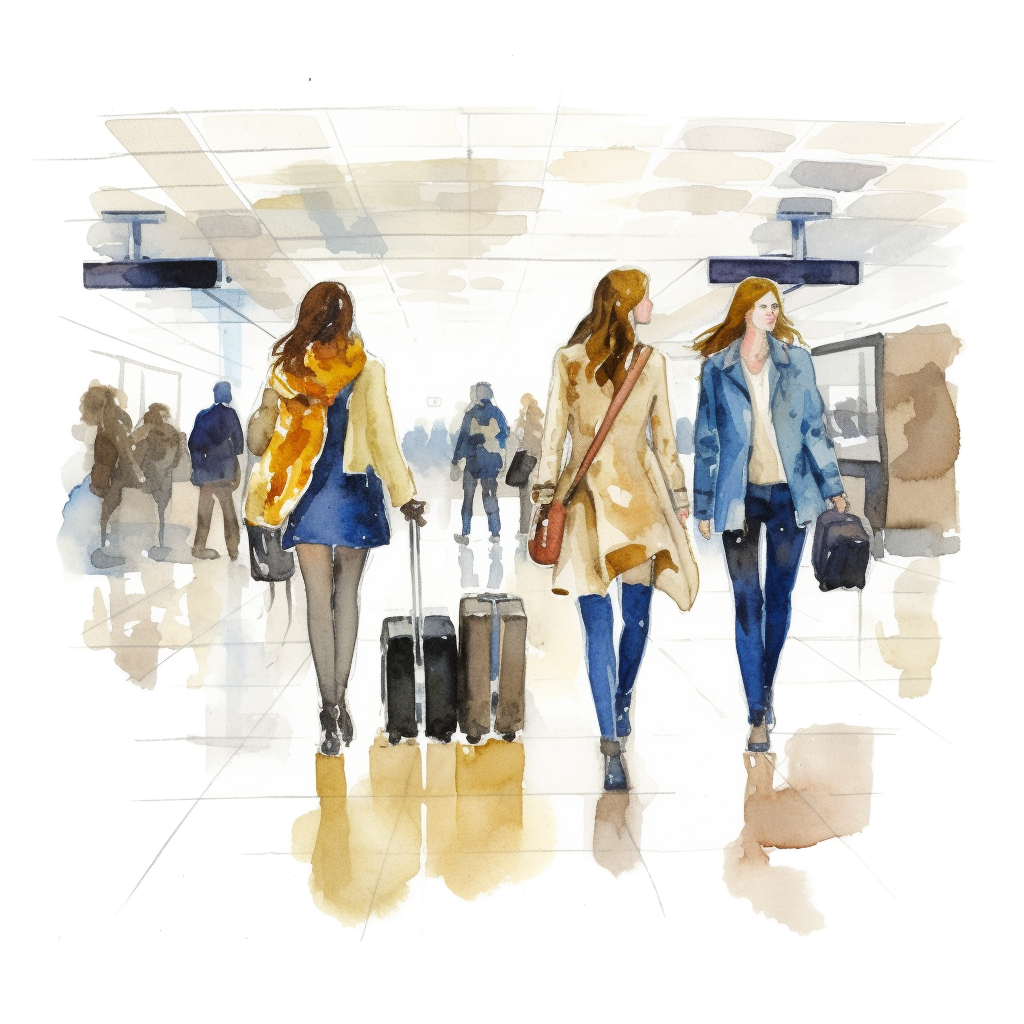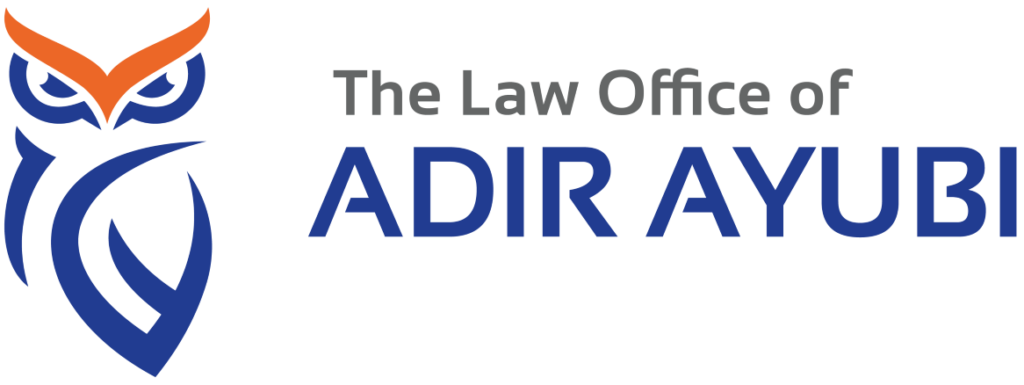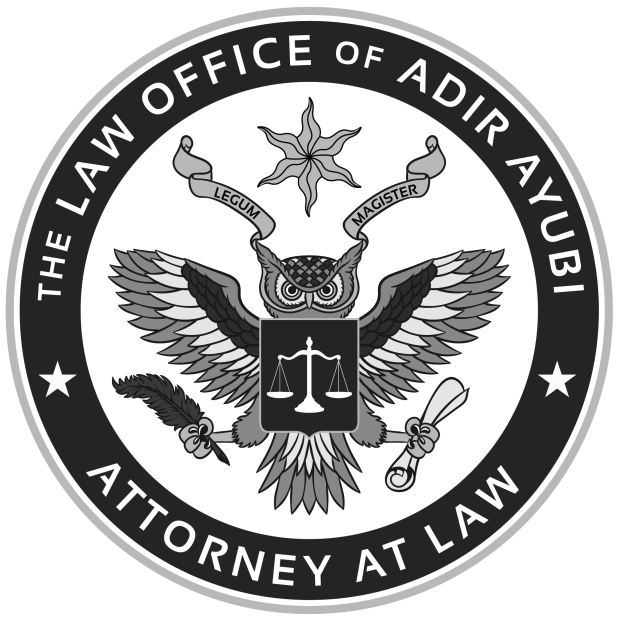We have extensive experience in Curaçao’s immigration law, offering straightforward and effective assistance across various immigration issues. From extending tourist stays, securing residency to assisting businesses with work permit processes. Our team is focused on delivering practical solutions tailored to your specific immigration needs.
We understand the challenges faced by individuals and businesses in navigating immigration law. Whether you’re seeking residency or require assistance with work permits, our firm is committed to providing clear, knowledgeable guidance to simplify these processes for you.
Professional Expertise
Navigating the realm of immigration law requires not only a thorough understanding of the rules and regulations but also an awareness of their frequent changes and nuances. The process, often labyrinthine in nature, can be overwhelming for individuals and businesses alike. This is where professional legal guidance becomes invaluable. Our team stays abreast of the latest developments in immigration law, ensuring that our clients are always one step ahead in their immigration journey.
In dealing with immigration, time is often of the essence. Delays or missteps in filing petitions, responding to objections, or handling appeals can have significant consequences. Our attorneys specialize in providing timely and accurate advice, ensuring that all aspects of your case are handled efficiently and effectively. We recognize the unique challenges that each client faces and tailor our strategies to meet these specific needs.


Petitions
Expert help with permit petitions

Objections
Objection filing against permit rejection

Appeals
Immigration appeals with the courts.
Legal Expenses
We believe that quality legal representation should be accessible to everyone. Should financial constraints pose a challenge, we can guide you through options where government support (kosteloze rechtskundige bijstand) might be available to cover your legal expenses.
For more detailed information on affordability and our approach to legal fees, please visit our Rates & Fees page. Our goal is to provide quality legal services at a fair price, with flexible payment options to meet your needs.
QUESTIONS?
Call our office now at
+599 (9) 461-4442
Visit our contact page
“The journey of migration is a journey of the human spirit. It is a testament to the resilience, determination, and hope of those who undertake it. The act of leaving one’s home and venturing into the unknown is a bold and courageous decision, one that reveals the depth of the human desire for a better life. The experience of migration forces individuals to confront their own limitations and to confront the complexities of a world that is often hostile and inhospitable to the stranger. But it also has the potential to bring forth new opportunities, new relationships, and a deeper understanding of the world and one’s place within it”.
(Michael Walzer, “Spheres of Justice: A Defense of Pluralism and Equality”)
Tourist Visa
In Curaçao, a tourist is defined as anyone who visits for a period not exceeding three months (toeristisch verblijf). Tourist visits are generally for leisure, sports, health, family, study, religious activities, or business, without engaging in paid employment. The duration of a tourist’s stay in Curaçao varies based on nationality, falling into one of four categories:
A. Dutch and American Nationals: Typically allowed a stay of up to six months.
B. Citizens of the EU, Canada, Australia, New Zealand, and Japan: Usually permitted a three-month stay.
C. Non-visa-required Countries: Tourists from these nations are generally granted up to 30 days, matching the return ticket’s duration. For an extended stay up to 90 days, these tourists must request an extension at least seven days before their initial 30-day term expires.
D. Visa-required Countries: The stay length is tied to the visa’s validity. For instance, if a visa is valid for 90 days, an extension is unnecessary, as the visa duration has been pre-approved by the Dutch Embassy or Consulate. Extensions beyond the visa’s original validity are rare and reserved for special circumstances.
Residence Permit
Our law firm has extensive experience in managing residence permit (verblijfsvergunning) applications. We adeptly navigate the nuances of various residence permits, ensuring that each application meets its unique criteria and stipulations.
Special Provisions for U.S. and Dutch Nationals:
These nationals benefit from the ability to reside in Curaçao while their application is processed. Upon approval, they are eligible for an indefinite residence permit (verklaring van rechtswege).
Guidelines for Other Foreign Nationals:
Applicants from other countries are required to await the permit decision outside of Curaçao and initially receive a temporary residence permit. To extend their stay, they must apply for a renewal before the expiry of the current permit. The duration of legal residence in Curaçao strengthens their residential rights: after 5 years of continuous lawful residence, the conditions for extending their stay become less stringent, and after 10 years, they may qualify for an indefinite residence permit.
Financial Stability and Public Order Considerations:
Applications may be declined due to public order concerns or if the applicant cannot demonstrate adequate financial resources (middelen van bestaan) to support themselves and their dependents. Sustainable financial means are essential to ensure that applicants do not rely on public funds. Those with work permits are deemed financially stable, while family reunification/formation applications must meet a predetermined income threshold.
Objections and Appeals:
Should your residence permit application face rejection, our firm is well-prepared to offer strategic legal assistance in filing objections and appeals. We provide comprehensive support, helping you effectively address and overcome these challenges. Our expertise extends to various scenarios that may warrant an appeal.
For example, while a first-time rejection of a residence permit application typically does not infringe upon the right to family life, the denial of a renewal can potentially impact this right, according to established legal precedents. Our team is adept at navigating these intricate legal nuances, ensuring that your case is handled with the utmost care and professionalism, and that your rights are vigorously defended.
Work Permit
We have successfully guided numerous clients through the intricacies of applying for work permits, ensuring a thorough understanding of all requirements and specifications. Our firm is dedicated to providing comprehensive support throughout the work permit application process, ensuring compliance with local regulations and facilitating a smooth experience for both employers and foreign workers.
Penalties
It is crucial to recognize that employing foreign workers in Curaçao without a valid work permit is a legal violation. Such infringements can lead to severe penalties, including up to three months in jail and fines as high as ANG 100,000. Exceptions exist for individuals with indefinite permits or those married to Dutch nationals, while American and Dutch citizens are exempt from needing a work permit.
Application process
The onus of applying for a work permit lies with the employer. This process entails submitting all necessary documentation, evidence, and fees. Additionally, the job must be reported to the labor department at least five weeks before the application is filed. The typical processing time for a work permit decision is about six weeks.
Requirements
A work permit application may be declined for several reasons. These include the availability of local workers for the position, any legal issues in the work agreement, the job falling under a category restricted to foreign workers, or insufficient evidence of the employer’s efforts to recruit local workers. In the event of a work permit denial, an objection must be filed within four weeks.
Deportation
In Curaçao, the law permits the detention of foreign nationals who are present illegally, for deportation purposes. Ordered by the Minister of Justice to uphold public order and security, such detention is considered only when an individual poses a risk to public peace, order, or morals, or there’s a likelihood of evading deportation.
Fairness is paramount in these proceedings, ensuring that detention is a last resort. Alternatives like reporting obligations or surrendering a passport are preferred unless there’s a significant risk of evasion, lack of cooperation in identity verification, a history of evading supervision, a criminal background, or if false information is provided.
Detention may be deemed unnecessary if the foreign national has reliable accommodation in Curaçao during removal proceedings, lacks valid travel documents hindering removal, has established residency and a home in Curaçao, or if less restrictive measures are sufficient. There is no fixed maximum duration for detention, but it is limited to the necessary period for removal.
If removal hasn’t occurred within six months of detention, it’s generally assumed that there’s no foreseeable prospect of removal, warranting the lifting of detention. However, continued detention may be justified in cases of intentional evasion or non-cooperation in identity verification.
Consequences of Overstaying:
Tourists who overstay in Curaçao may be declared unwelcome, leading to removal from the country. This declaration includes a prohibition period on returning to Curaçao, and violating this order is a criminal offense.
Refugees and Protection
Our law firm can provide curcial support and guidance with the so called Article 3 procedure. We recognize the critical need for protection and asylum under challenging circumstances, particularly in alignment with Article 3 of the European Convention on Human Rights (ECHR). This pivotal article enshrines the principle of “non-refoulement,” a fundamental aspect of international human rights law, which asserts that no individual should be returned to a place where they face serious risks such as torture, or inhuman or degrading treatment or punishment.
Foreign nationals in Curaçao seeking refuge due to threats in their home country must navigate the Article 3 procedure. This vital process evaluates their eligibility for protection under the ECHR, contingent upon the evidence they provide to support their claims. Navigating this procedure demands a comprehensive understanding of the legal intricacies and the specific criteria established by the ECHR.
© 2006-2024 Everything Legal B.V. All rights reserved. Everything Legal B.V. is a private limited liability company under Curaçao law, trading as The Law Office of Adir Ayubi and Ayubi-Haakmeester Advocaten. Everything Legal B.V. is registered in the trade register of the Curaçao Chamber of Commerce & Industry under file number 145567.

